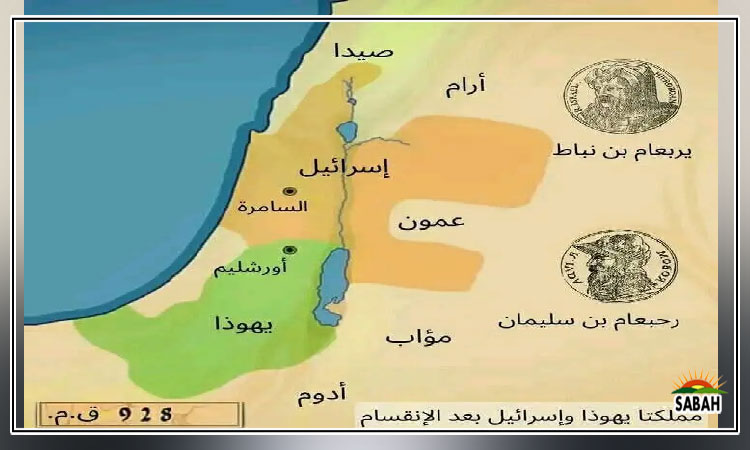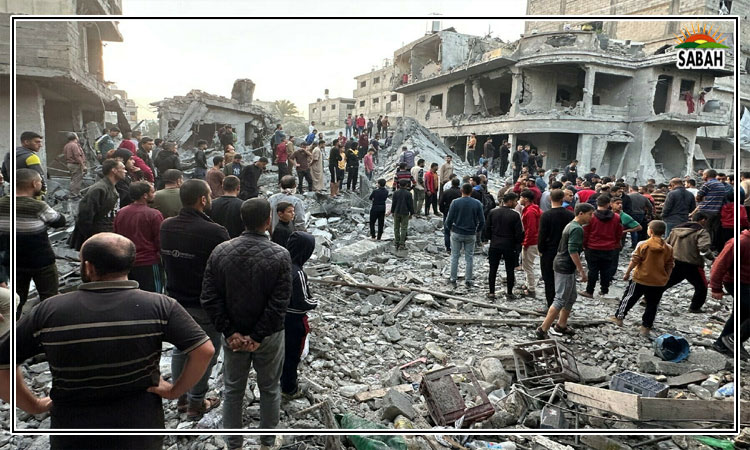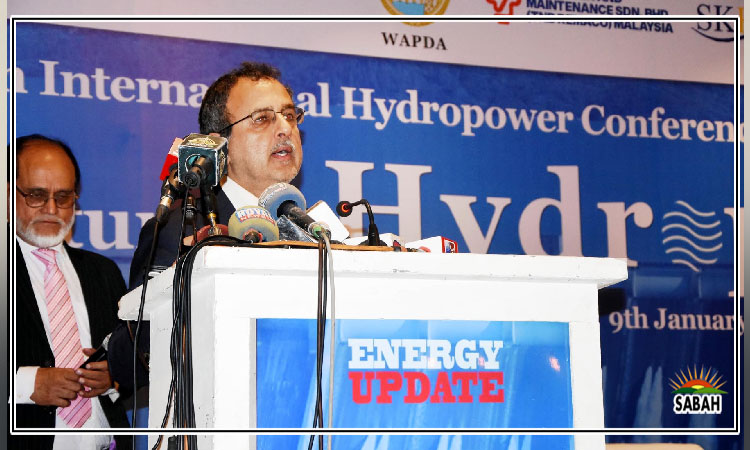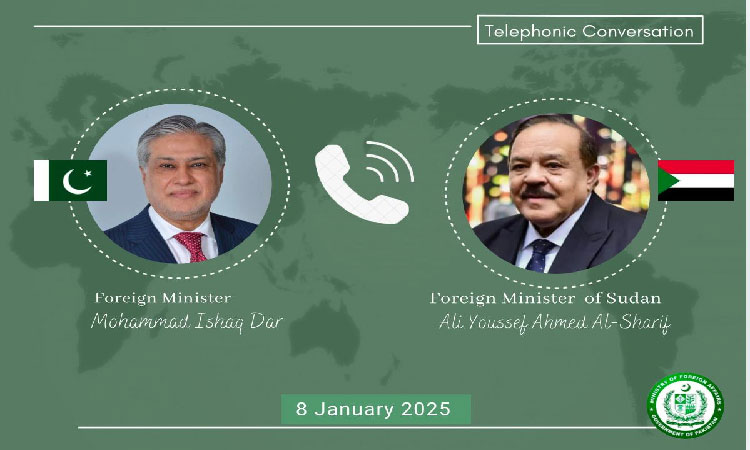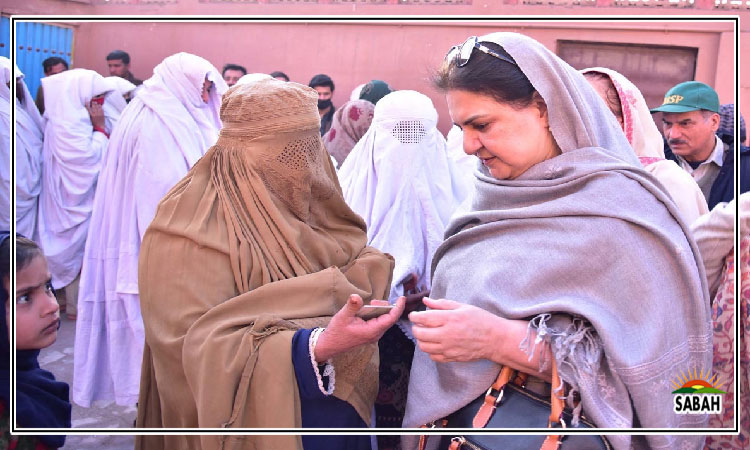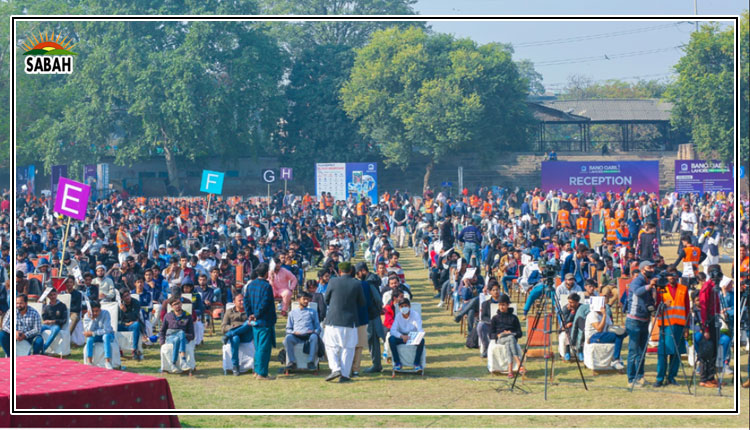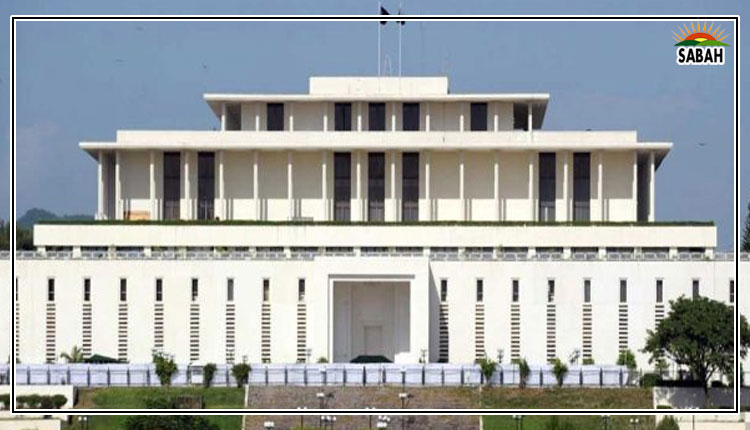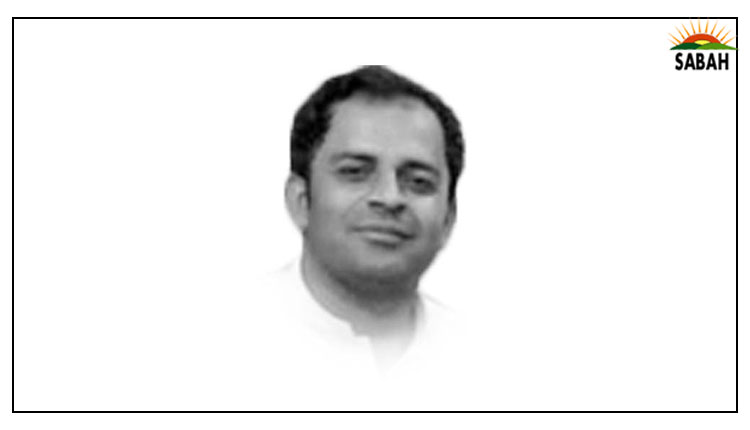A divine tragedy?… Ali Hassan Bangwar
An independent, socioeconomically self-sufficient and enlightened population is a precondition for the holistically sustainable progress of a nation. Countries striving for inclusive gains ultimately attain a distinguished status in the worlds comity. However, the ones that pursue divisive policies end up creating exclusive, extractive and stratified societies. Unfortunately, Pakistan is one of them.
As a political entity with multicultural, multilingual, multi-ethnic and multi-racial demographic dynamics, successive governments and kingmakers have adopted a policy of divide and rule, disregarding the constitution and democracy. Instead of drawing strength from the vast national diversity, policymakers have carefully exploited diversity for their vested interests through arbitrary divisions and fallacies. This emphasis on divisions and sentimental tendencies has resulted in over half of the population being intellectually stunted, socioeconomically disadvantaged and emotionally charged. These policies carried out for decades have eroded the peoples confidence in their potential and hope for prosperity. As a result, many of these individuals take their vulnerable plight as a divine tragedy.
If you ask the poor and illiterate why they are in such dire circumstances, the most probable answer would be we are what fate has made of us. They have been conditioned to accept their miseries as destiny by rulers, their cronies and the compromised clergy, who selectively pronounce the social ailments as the fate of the marginalised sections of society. Ironically, the same empowered class portrays these issues as socially constructed when they seek financial aid from developed countries for their redressal.
However, the marginalised are not spared here; their vulnerable plight gets cashed in on by the hybrid elite in many other ways. Besides other stakeholders, the landed feudal lords, ethnic tribal leaders and faith sellers hold significant sway over the lives of the poor and powerful, albeit in different ways. These influencers gain political clout for themselves, their children and their henchmen by selling the assent and votes of their followers. In return, they earn stakes in power, luxurious vehicles and bungalows in the posh area where they preach their followers asceticism and incite tribal sentiments.
To sustain these practices, they meticulously keep their followers poor, needy and ignorant of politics or other societal affairs. Shrewd individuals, disguised as faith sellers and feudal lords, play a crucial role in achieving this objective.
Wealthy faith merchants misguide their followers by preaching asceticism and discouraging them from pursuing worldly matters. In turn, these followers are exploited by faith sellers who extract periodic donations in the name of divine salvation. It is disheartening to witness starving people donating scarce and hard-earned belongings to those who sell false promises of redemption. Moreover, the landed and tribal feudal lords hardly lag in their manipulative tactics. They not only keep the masses too vulnerable to stand up against them but also incite inter- and intra-tribal feuds over petty issues and pseudo-tribal pride. These tribal clashes prevent their followers from progressing and make them sustainable subjects to their cunning masters.
Funded by their destitute followers, the children of most faith sellers and feudal lords study abroad only to return and assume their ancestral roles. Instead of encouraging their improvised followers to educate their children and become self-sufficient, these leaders continue to sell promises of prosperity here and salvation hereafter. Doing otherwise would jeopardise the perks and privileges they enjoy, courtesy their systematically manipulated followers.
Despite the chronically disadvantaged plight, the poor segments of the country either keep no hope at all or expect the same elite to salvage them from their vulnerabilities by repeatedly offering them all possible support. The nexus of most of the educated and middle class with the stakeholder wanes most of the hopes of the disadvantaged. However, undoing the long-held electable politics would help unlock the systematic chains the poor have been put in by the earthly gods.
Courtesy The Express Tribune



